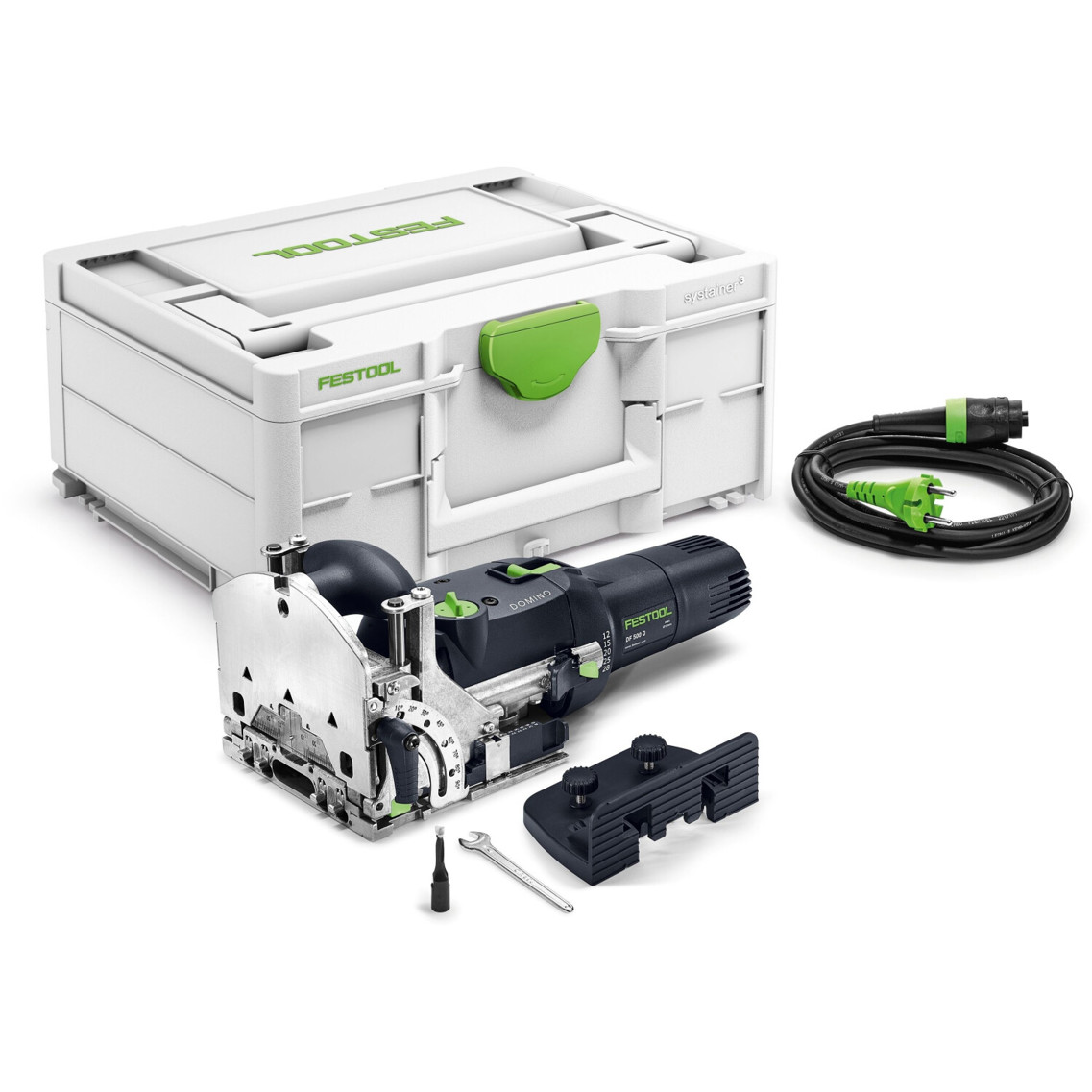What's Holding Back The Router In A Case Industry?
The Importance of Routers in a Case: A Comprehensive Guide
In today's digitally connected world, routers function as the foundation of home and workplace networks. However, routers are not merely functional devices; they also feature several features that influence performance, sturdiness, and efficiency. One such function is the enclosed case or chassis, which is important for securing the router's hardware and guaranteeing optimum efficiency. This post explores the significance of a “Router in a Case,” outlining its advantages, elements, and why it matters in the world of networking.
Understanding Routers and Their Purpose
A router is a networking device that forwards data packets in between computer networks. It makes it possible for communication in between various gadgets, such as laptops, smartphones, and printers, allowing them to share a web connection effectively.
Secret Functions of Routers:
- Data Packet Routing: Directs internet traffic wisely so that information reaches the appropriate device.
- Network Address Translation (NAT): A feature that enables several gadgets to share a single IP address.
- Firewall program Protection: Often integrated into routers, this feature protects the network from unapproved access.
- Wireless Access Point (WAP): Most modern routers likewise work as cordless access points, supplying Wi-Fi connection.
Why Is the Case Important?
The case of a router plays a significant function in:
- Heat Dissipation: Routers generate heat while operating. A properly designed case enables ideal airflow and assists in effective heat dissipation.
- Toughness: A strong case protects internal components from physical damage, dust, and moisture.
- Aesthetic Appeal: A visually attractive style can improve the appearance of your work space or home.
- Port Accessibility: Good cases often have tactical openings for simple access to ports and buttons.
Kinds Of Router Cases
Let's examine the variations in router cases, concentrating on material and style.
Type
Product Used
Advantages
Drawbacks
Plastic Cases
High-density polyethylene
Lightweight, affordable, helpful for heat insulation
Less long lasting than metal; may warp gradually
Metal Cases
Aluminum or steel
Extremely durable, exceptional heat dissipation
Much heavier, more costly
Customized Cases
Varied (3D printed or customized)
Tailored to the particular needs and design preferences
Normally more pricey and might require time
Benefits of Using Router Cases
1. Boosted Performance
Properly created cases enable routers to run effectively. When Werkzeug Set Im Koffer is successfully managed, the router can preserve optimal efficiency without throttling speed.
2. Relationship with Signal Strength
Remarkably, the case product can impact signal strength. Metal cases may obstruct certain signals, which can cause dead zones in Wi-Fi coverage. Understanding this relationship helps users make informed choices when picking a router.
3. Aesthetic Consideration
In the age of sleek innovation, many customers value a router's style as much as its functionality. Cases can enhance company, specifically when offered a modern or complementary aesthetic.
4. Stability and Security
A robust case ensures stability, preventing the router from being easily overturned or harmed, specifically in homes with family pets or kids. Some cases even consist of lock functions for guaranteed network environments.
Crucial Features to Look for in a Router Case
When thinking about a router in a case, specific functions should not be overlooked:
Ventilation: Look for cases with sufficient ventilation holes or mesh panels that allow heat to escape.
Port Access: Ensure all needed ports (USB, Ethernet) are quickly accessible.
Mounting Options: Some cases offer mounting abilities for wall installations, which can conserve area and enhance cable television management.
Modularity: A modular design can enable upgrades or changes to the router without requiring to acquire a whole new case.
Frequently asked questions
1. Do all routers include cases?
Not all routers feature designated cases, especially entry-level models. Nevertheless, lots of higher-end or business routers might consist of a protective chassis.
2. Can I utilize any case for my router?
No, it's important to choose a case that works with the specific design of your router to ensure appropriate fit and performance.
3. How can I improve the heat dissipation of my router?
Consider using a case created for optimum airflow, or employ extra cooling solutions like external fans if you discover efficiency problems due to overheating.
4. Will a metal case always be much better?
Not always. While metal cases offer sturdiness and heat dissipation, they can likewise block Wi-Fi signals. It's important to weigh the pros and cons based on specific networking requirements and environments.
5. Is it worth buying a customized case for my router?
This depends upon your particular requirements. Customized cases can supply special performance and design matched to specific preferences, however they might be more pricey than basic services.
Comprehending the role and importance of a router in a case offers important insights for enhancing your office or home network. With the best case, a router can carry out efficiently, stay cool, and blend aesthetically into its environment. Whether one selects a standard case or opts for a personalized version, being notified about the benefits and functions can contribute substantially to a more dependable and elegant web experience.
To ensure optimal performance from an indispensable tool, constantly keep in mind that a well-protected router is also a well-functioning router.
